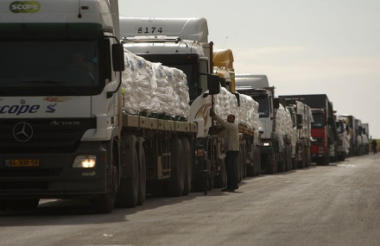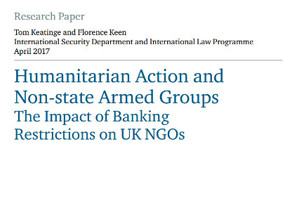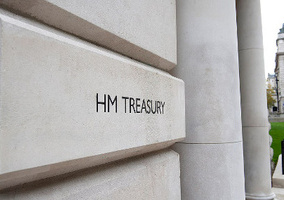The government has said it will introduce measures which allow it to grant general licenses to help charities deliver humanitarian aid in sanctioned countries, following pressure from the charity sector.
The government opened a consultation back in April on views about the legal powers needed to continue to be able to impose and implement sanctions following the UK’s withdrawal from the European Union.
Following the consultation, the government’s response, released this week, said: “We intend to create a power enabling general licences to be introduced in certain circumstances to authorise specific activities, for example to facilitate humanitarian aid to regions affected by sanctions.”
The UK needs to be able to impose and implement sanctions in order to comply with its obligations under the United Nations (UN) Charter and to support its wider foreign policy and national security goals.
The Charity Finance Group welcomed this move, but said it “isn’t everything that the sector has asked for”.
Andrew O’Brien, head of policy and engagement at the CFG, said: “The government’s response on sanctions is a big step forward, although it isn’t everything that the sector has asked for, it is a sign that the government recognises the significant challenges that the sanctions regime has presented to charities and banks working in high-risk countries.
“Greater flexibility will hopefully enable the government to target the sanctions regime so that is restricts harmful activities and does not reduce the amount of humanitarian, development and peace-building work that UK charities undertake around the world. We look forward to scrutinising the Sanctions Bill when it comes before Parliament.”
‘Difference between life and death’
The CFG, in accordance with other aid charities, had responded to the consultation saying that it was inevitable that civil society organisations would need to work in areas that are restricted by sanctions. It said that the “increasing use of sanctions as a foreign policy tool, and the increasing divergence of sanctions regimes are creating an ever more complex environment for NGOs”, and that it was concerned that this problem is getting worse.
It said: “This complex environment is leading to delays in aid delivery and in many theatres of NGO operation such delays can mean the difference between life and death.”
The CFG said it believed that the government should “use the opportunity of creating a new legal framework for sanctions to include sufficient legal powers in the primary legislation to ensure that the inadvertent disruption that sanctions can cause to humanitarian and peacebuilding activities is minimised”.
It said that its preference was for the use of exemptions, as this “enable NGOs to respond quickly and would give the clearest possible indication to UK banks and other financial service providers about the necessity of aid”.
It said: “We would recommend that the clearest method would be through building exemptions/derogations into the design of sanctions regimes, and where this is not possible use of a general licence/authorisation.”
This development from government puts it in line with the US model, where general licenses can be broadly drafted to include exemptions for a wide range of activities, such as supporting humanitarian projects and democracy building.
The NGO Counter-Terrorism and Sanctions Working Group brings together a range of NGOs and charities, and is convened by CFG and Bond. The submission from CFG was prepared with, Oxfam, Save the Children, Christian Aid, Islamic Relief Worldwide, and Conciliation Resources.
|
Related articles












